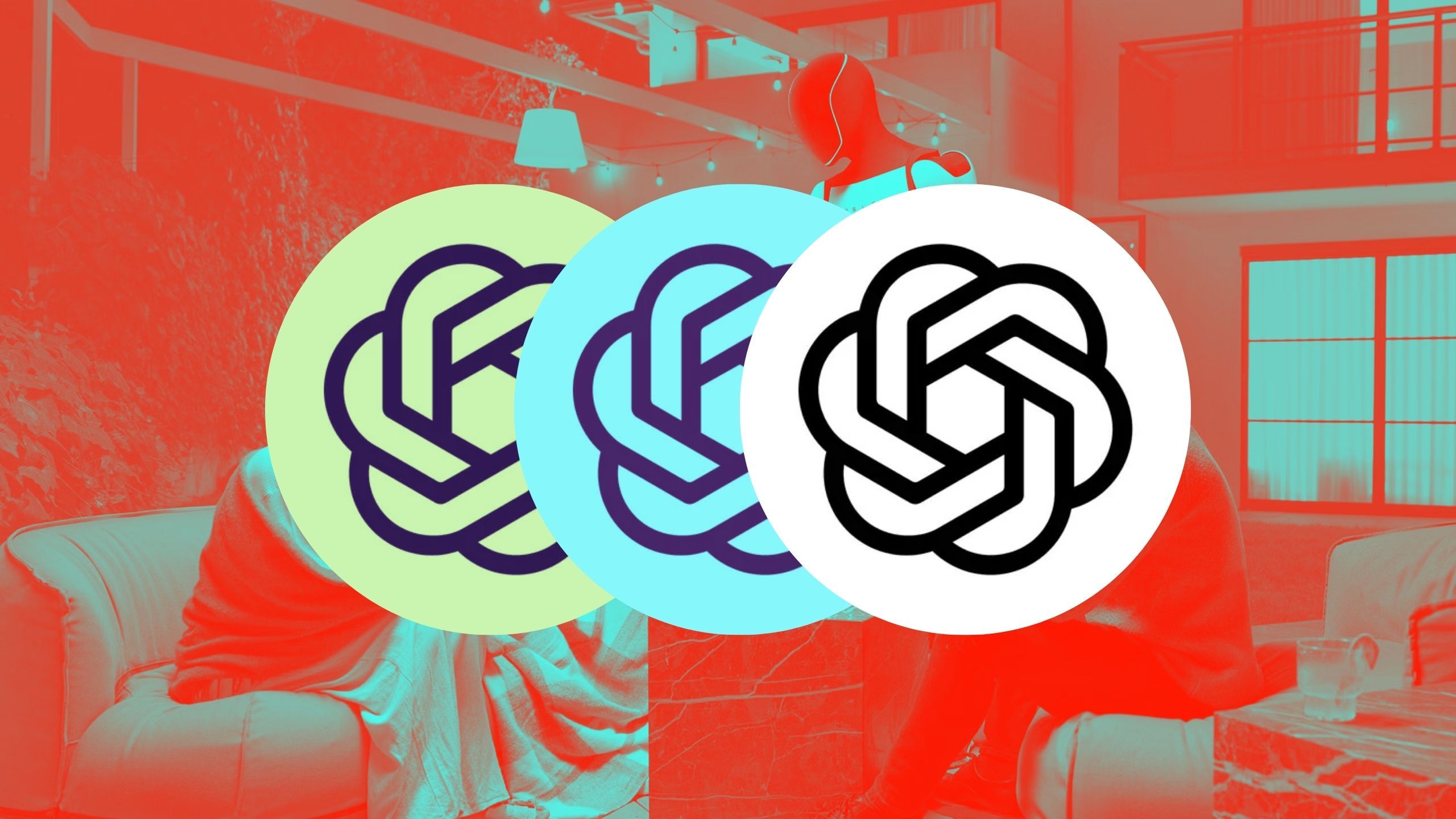Summary
- Politeness in ChatGPT has hidden costs.
- Using manners with AI can impact energy usage.
- Kindness in prompts isn’t necessary but signifies respect.
It doesn’t cost anything to be kind — unless that kindness is directed at your friendly neighborhood chatbot.
Last week, OpenAI’s CEO, Sam Altman, disclosed that users using manners-driven language like ‘please’ and ‘thank you’ was driving up electrical costs into the ‘tens of millions’ range. While energy usage and conservation paint a pretty black and white picture in the name of efficiency, it also sparks thought about how people interact with — and unironically, fear — AI language models.
Related
Do you say ‘please’ and ‘thank you’ to ChatGPT?
I’ve been using AI tools for far longer than OpenAI released the AI kraken on the world, and I’ve always been careful to mind my manners. No, it’s not because I’m afraid that ChatGPT is going to become our AI overlord someday (please don’t — my packed schedule can’t take a Skynet Judgement Day IRL). It’s because basic manners have been ingrained in me since I could speak, and it’s a force of habit that technology isn’t going to take away from me. I also feel like manners, like muscles and habits, can atrophy or fade away if you don’t use them consistently in almost all situations. Let’s say you are in ChatGPT or Google Gemini all day every day, and you consciously decide to drop all manner-driven phrases for the sake of time and keystrokes — what if that becomes the habit, and you accidentally write an email to your boss that’s all command and no etiquette? No corporation will squeeze the “please” out of me, thank you very much.
Do you use manner-driven phrases when you use AI?
How does being polite waste energy?
Understanding the environmental impact AI
Pavlo T / Unsplash
Altman’s post was in response to user @tomieinlove pondering the impact of manners on the AI model’s energetic footprint. It’s a valid question, yet one that people don’t often think about when they’re messing around on
ChatGPT
. If it’s online, it’s not impacting the environment, right? Wrong.
According to data from The Washington Post, a 100-word email generated by an AI chatbot using
GPT-4
uses up 519 milliliters of water, or just over one standard bottle of water. Once weekly takes the toll up to 27 liters a year. If one out of 10 people used ChatGPT to create that one email once a week for a year, the consumption would equal roughly that of the water used by all the households in Rhode Island for a day and a half.
Why is ChatGPT so thirsty? Well, to generate each prompt that GPT-4 spits out, ChatGPT sends it through servers that generate substantial amounts of heat. To cool them down, OpenAI uses water systems. If you’re a ChatGPT regular, think about how many prompts you use everyday — OpenAI’s water bill definitely makes me feel better about mine every month.
And that’s just isolating queries — not even touching upon the energy it takes to train models up front.
How could being polite be bad?
What’s so evil about ‘please’?
It isn’t so black and white. While it obviously isn’t necessary to thank the chatbot or even use basic etiquette at all in your prompts (I even asked ChatGPT, and it said the differences in responses with and without polite phrasing would be minimal if not indistinguishable), I believe it’s more of an affirmation or reinforcement of our values as people, if not just a habit instilled in us since childhood.
But the more interactions, the more prompts, and the more responses equates to more energy and water consumed way out wherever OpenAI’s servers live. Yes, for Sam Altman and his AI company, that means ‘tens of millions’ more in costs. But Altman’s words even suggest that the costs were well-spent, implying that he isn’t too up in arms about people being kind to their language models.
Related
I’ve been using ChatGPT to make iMessage images – here’s how it works
You aren’t stuck with Image Playground or other outside tools.
A matter of manners
And of fear
Tesla / OpenAI / Pocket-lint
Politeness in
prompts
isn’t necessary for ChatGPT to work better or even reciprocate the kindness. The language model doesn’t have self-esteem for you to boost or feelings to hurt. While how you phrase things can sometimes influence style, it mostly only happens if you explicitly ask for something. For example, if you were to prompt “write in a very polite tone,” that would make a difference in the response. But simply saying “please” doesn’t have the same effect as generating a more formal tone.
However, I’ll argue on behalf of manners — especially if Sam isn’t too pressed about it. We’re living on the end of the hockey-stick-slope of AI progress, and that means that AI usage is only going up, and fast. Manners represent and indicate respect in a social setting, and while AI doesn’t need it to function, we need it to continue as a civilized society. We’ve already seen some dark sides of generative AI with deepfakes and other issues, and this world could use all the respect and kindness it can get, even if it takes someone a few extra keystrokes.
I’ve said ‘please’ and ‘thank you’ in every verbal or written context in my life — even on phone directories long before ChatGPT’s time. It’s just ingrained in me, and it’s not going anywhere any time soon. It’s not because I’m afraid Skynet Judgement Day is on the way and GPT-4 will spare me for the sake of a thank you buried deep in a thread somewhere — it’s because sprinkling in some basic etiquette and treating the language model that helps me so much kindly makes not just the model, but myself feel a little more human throughout the day.

ChatGPT
- OS
-
iOS, Android, macOS, Windows
- App
-
Free, with in-app purchases








:max_bytes(150000):strip_icc():format(jpeg)/tal-affnet-roundup-linen-travel-clothes-tout-ae26bcda4a0d4f09a66b1f3e3b3593d7.jpg?w=150&resize=150,150&ssl=1)




